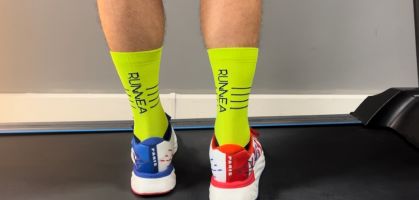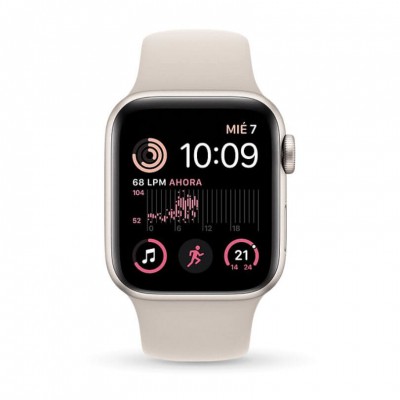In addition to the training planning and periodization process, we coaches often have to act as consultants or "psychologists". Although the process of training to try to meet a certain goal takes on a great weight within our physical preparation, the strategic and mental aspect is also a determining factor in performance.
Although running is, per se, a simple activity to execute, buckling on your running shoes and standing at the starting line of a competition with the purpose of covering a distance in the shortest possible time is not such an easy task. To make the competitive experience as satisfying as possible, it is important to take into account both the factors that affect training and those that interfere with the course of a race.

Knowing the ins and outs of all types of competitions and current trends, I can affirm that the half marathon is probably the most successful race or distance today. A race that, despite being a long distance, can be within the reach of many runners who follow a proper training plan and have some experience in running.
The half marathon is hard enough to demand a great effort, but it offers the opportunity to finish it almost with total security unless severe physical problems appear.
If you have run a 21k on one or more occasions, it is more than likely that you have benefited from previous experiences in order to face a new half marathon in a better physical and mental way. But what happens when you are going to run a half marathon for the first time? Well, you probably have a lot of questions.
Doubts about endurance capacity, race pace, equipment or hydration are some of the questions I get most often as a running coach. That's why, below, I'm going to give you 10 tips to help you face your first half marathon in a way that will guarantee you finish it and, moreover, enjoy it.
10 tips to face your first half marathon
The following tips are intended to help you both in the training process and to help you face the days leading up to and on the day of the race, and are sure to be of great help to you!

Don't run too much
We usually think that by making the leap from a 10k to a 21k we have to practically double our weekly mileage. Far from it. Although we do have to increase the volume of our sessions to get used to running longer distances, it doesn 't mean that we have to do sessions with an inordinate duration. The key is not to train more and more, so do not abuse long sessions.
As beginners, our longest run should not exceed 15-16km.
Vary your training sessions
When we talk about long distance , training longer and longer or more and more kilometers comes directly to mind. While there should indeed be progress in weekly mileage, the key to good preparation is not to run more and more, but to run differently. By this I mean that the alternation in the type of sessions gives many more benefits as it will help us to be better at all types of intensities.
Strength training
The longer the distance, the more important it is to have a strong structure. The body must meet a multitude of demands, so strength training will allow our muscles to require less energy to move, which can be used for other tasks, such as blood distribution or oxygenation. Increasing the number of impacts also makes our body stronger and more consistent. It will also allow us to train with greater continuity and safety by preventing injuries and muscular discomfort to a much greater extent.
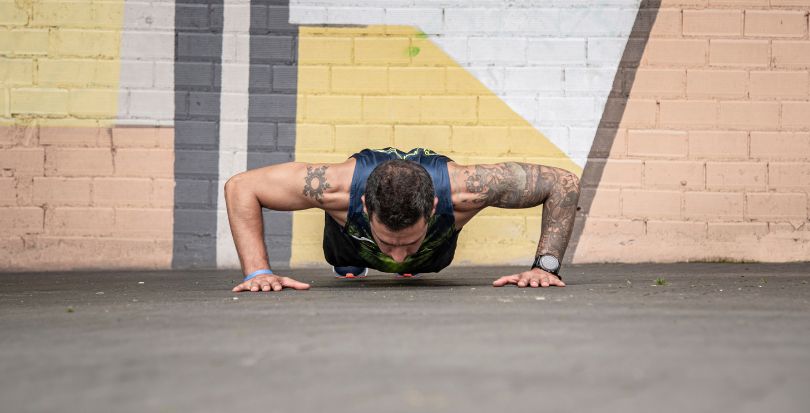
Don't try to make up for lost sessions
Doubts about whether we will be able to resist running the 21.097 kilometers push us to try to make up the session on another day if we are unable to train. The only thing that we will get with this practice is that training on the days when it is not due affects the process of recovery and improvement, in addition to having an effect on other sessions that require you to be at 100% of your capacity.
If it is not recommended during the preparation, it is even less recommended during the last weeks before the half marathon. The week or two weeks prior to the 21k should be aimed at maintaining fitness and reducing fatigue. Overtraining in this period would result in high levels of fatigue with no effect on fitness improvement.
In the last few weeks we have little to gain and much to lose.
Plan your competitive strategy
Although your main objective is to finish the race in the best possible conditions, it is very interesting to have a reference on the time we are going to spend to complete it. In this way, we can establish an approximate target pace that will allow us to establish a strategy of constant pace throughout the race. This planning will help us to run with our heads, not to get carried away by euphoria and to maintain a rather conservative strategy during a large part of the race.

Although it is not advisable to become a slave to the watch, wearing a sports watch and controlling the pace at which we run will help us a lot in order to face a half marathon much better.
Study the route
Knowing beforehand what kind of course we are going to face will help us to get a mental idea of the type of sensations we are going to experience, as well as being very useful to regulate our intensity.
It is advisable to analyze the slopes, turns or laps that we have to do on the circuit, as well as the refreshment and medical assistance points.
Hydration and nutrition are also part of training.
By now we all know the importance of good hydration, especially during the competition. A half marathon also requires that our energy reserves are not completely depleted, a process in which carbohydrate intake is particularly important. The best way to do this is by taking isotonic drinks or energy gels.
Whichever option is chosen, it is not only a matter of applying it in the race, but we must put it into practice in the previous weeks to experience sensations and find the products that work best for us at a digestive and performance level.
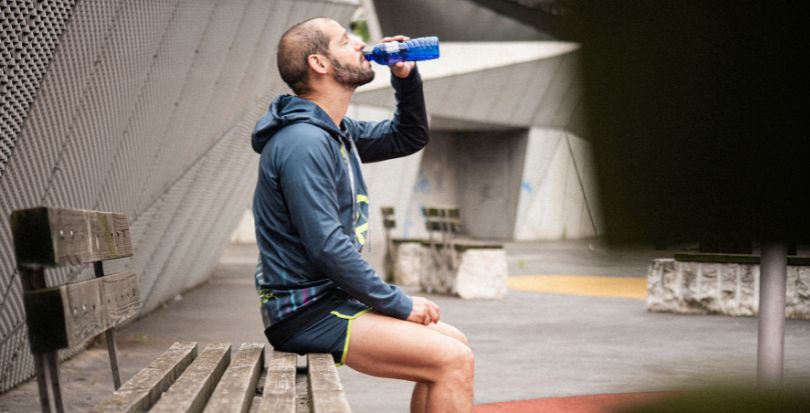
Train with competition material
One of the most well-known rules in the world of running. It is not at all advisable to wear new clothing or footwear during the race, even if it is just a pair of socks. Running for 21 kilometers is synonymous with a multitude of body movements, not to mention the amount of impact that the foot exerts on the ground. In order to avoid any chafing, blisters or discomfort, the running equipment such as our clothing and, above all, the shoes, must have been used at least several weeks beforehand.
The previous preparation is the ideal time to choose our favorite shirt, pants or shoes to face the distance.
If you have help, the better
Given the doubts that can generate running a distance for the first time, facing the race with the company of a known person can give us the confidence and security necessary to not doubt your chances. If that person, in addition, has experience in running and has a greater physical capacity, he/she will be able to guide you at all times with solvency and tranquility, advising you at all times on how to act.
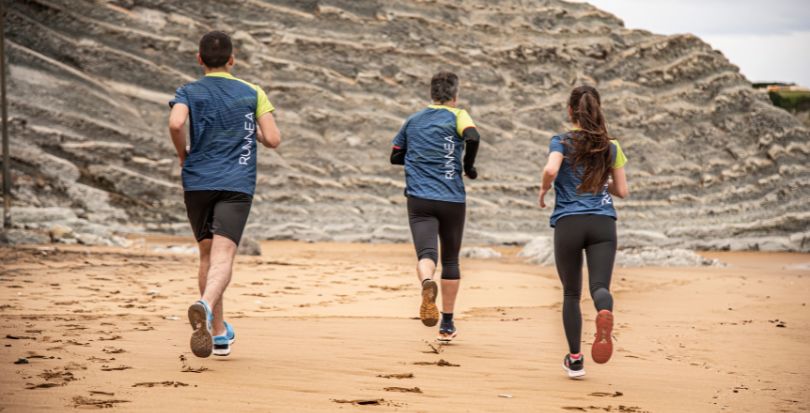
If we do not have the opportunity to run with a friend, we can always use the official pace markers of the race, which will give us the total certainty that we will run at a certain and constant pace throughout the half marathon.
Enjoy!
This last tip is undoubtedly the most important. Although it is an unwritten rule, every runner participating for the first time in a distance should have the sole objective of enjoying and learning from the experience. Running without the pressure of having to achieve a certain time will help us to run in a more relaxed way and live more positively every second, every stride. Whether we take longer or shorter, our mind should be focused on nothing more or less than trying to cross the finish line.

Soaking up the atmosphere caused by the pack of runners, admiring the scenery or being cheered on by the crowd should be indispensable in your half marathon debut.
Read more news about: Running Training





